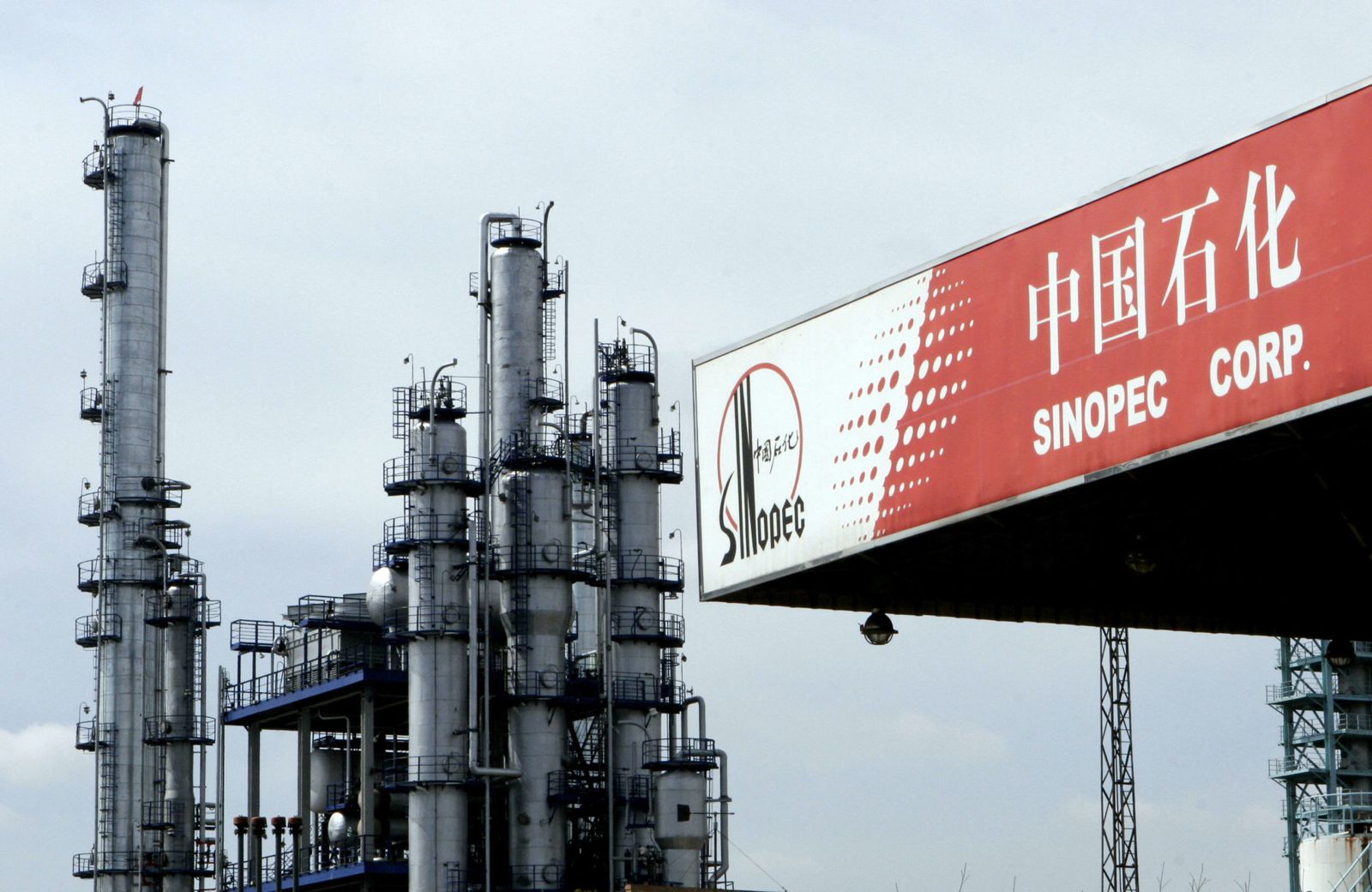Sri Lanka, Chinese mega investment of US$ 3.7 billion stalled
The largest foreign investment in the history of Sri Lanka has been on hold since the start of the year. Differences between the government over local market share have stopped the Sinopec project in Hambantota. The economic recovery plan has raised fears that it will damage the country’s oil sector and energy security.
Colombo (AsiaNews) – The largest foreign direct investment (FDI) ever made in Sri Lanka, US$ 3.7 billion by the Chinese oil company Sinopec in Hambantota (Southern Province), has stalled after six months.
The main cause is the difference between the government and the company on the portion of the local market share, although the agreement for the project was signed earlier this year between Sri Lanka’s Ministry of Energy and Sinopec.
The project is facing delays due to multiple issues. These include disputes over the shareholder structure, tax concessions, land allocation for the project, and, as mentioned, market access.
Sinopec has sought unrestricted access to the Sri Lankan market for its refined products, while the government has capped domestic sales at 20 per cent.
The huge, state-of-the-art refinery planned for Hambantota was initially inked in 2023 under a previous government.
In theory, the major investment project is expected to boost Sri Lanka’s economic growth while improving living conditions for low-income communities in Hambantota.
Analysts say the rationale behind the restrictions imposed by the Sri Lankan government is to protect the state-owned Ceylon Petroleum Corporation (CPC), which is already struggling with losses, aging infrastructure, and past corruption scandals.
Scholars believe that the deal was earlier hailed as an economic recovery plan but stalled over the crucial issue of local market access. It is, therefore, a “clash of commercial and political priorities”.
According to Power and Energy Ministry Secretary K.T.M.U. Hemapala, several demands have been received from Sinopec and the Chinese government, including additional land and government-supplied water.
The government had initially offered 500 acres of land in Arabokka, Hambantota. However, Sinopec later requested an additional 200 acres of land about three kilometres from the controversial Chinese-built port of Hambantota.
Meanwhile, the Central Environment Authority (CEA) notified Sinopec of the terms of reference to conduct an environmental impact assessment and submit the report.
Established in 2019, Sinopec Fuel Oil Lanka (Private) Limited (SFOL) is a major Chinese international oil company, registered with the Board of Investment (BOI) as a hub company based in Hambantota.
“With a processing capacity of 200,000 barrels per day, the plant will mainly serve export markets, increasing the country’s foreign exchange earnings,” said oil engineers Ramesh Punchihewa and Akalanka Sugathadasa speaking to AsiaNews.
The project was initially proposed during the presidency of Ranil Wickremesinghe. Former Energy and Electricity Minister Kanchana Wijesekera had met with Sinopec representatives, who confirmed their intention to double the refinery’s capacity compared to previous estimates.
A feasibility study for the construction of a 160,000-barrel-per-day refinery or two 100,000-barrel-per-day facilities was finalised in mid-2024. The cabinet approved the investment in November 2023, initially valued at US$ 4.5 billion.
“Currently, Sri Lanka’s refining capacity at the Sapugaskanda refinery, built in 1969 by CPC under Iranian leadership, is limited to 38,000 barrels per day. The new refinery is expected to fill this gap while also strengthening the country’s energy infrastructure,” the engineers added.
“An estimated 70 per cent of the refinery’s output is earmarked for export, particularly to markets in South Asia and Africa, while the remainder, up to 30 per cent, is earmarked to meet Sri Lanka’s domestic fuel demand.”
Meanwhile, senior officials at Ceylon Petroleum Corporation have expressed fears that “unrestricted market access for Sinopec could severely disrupt the island nation’s oil sector and negatively impact energy security.”
In short, allowing a giant like Sinopec unfettered access to the local energy market could gut local capacity and put energy supplies under foreign control.
15/06/2021 16:11
05/03/2018 16:57







.png)










